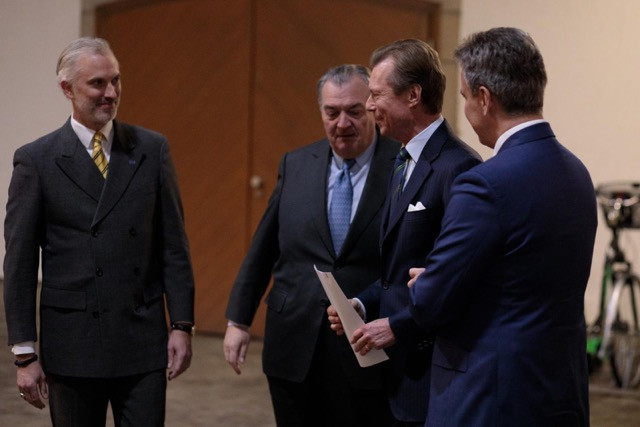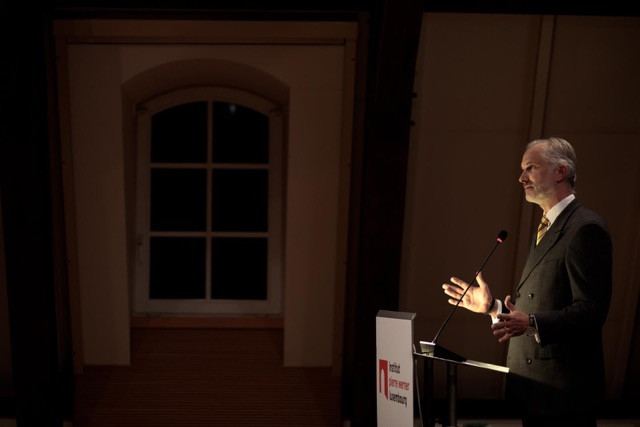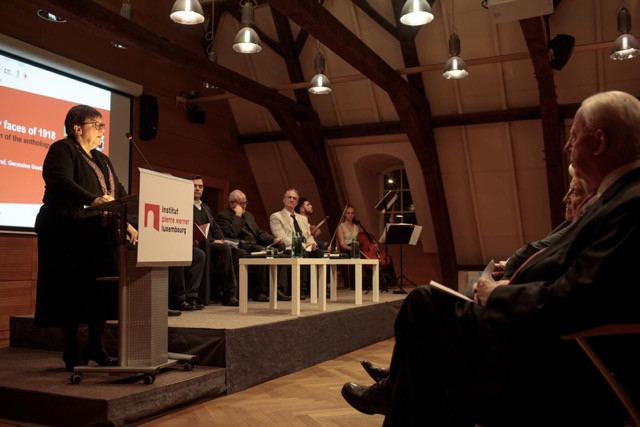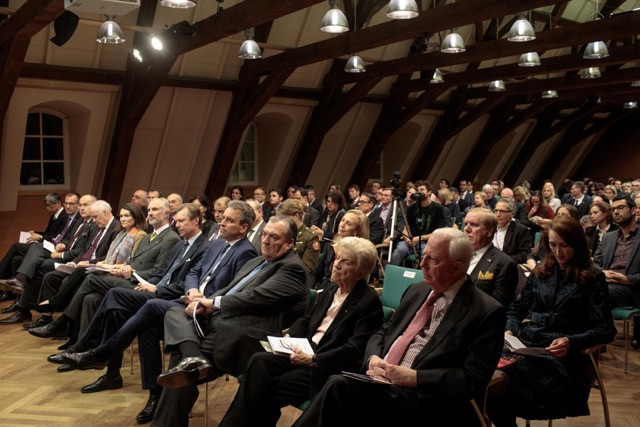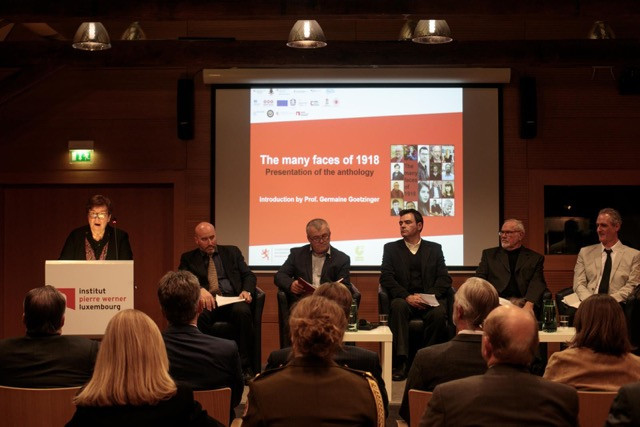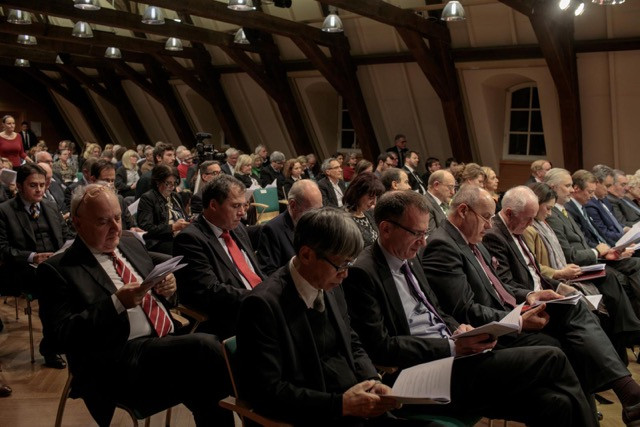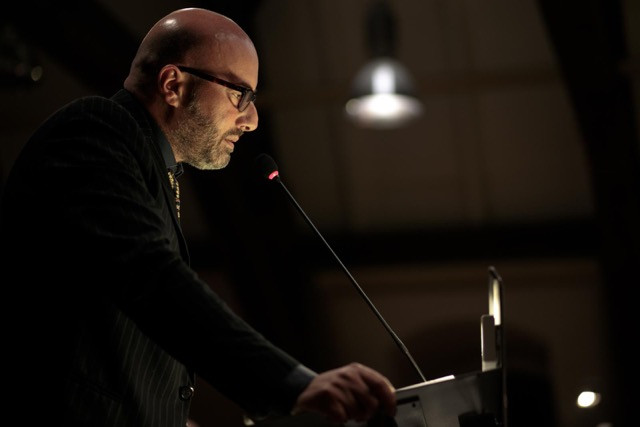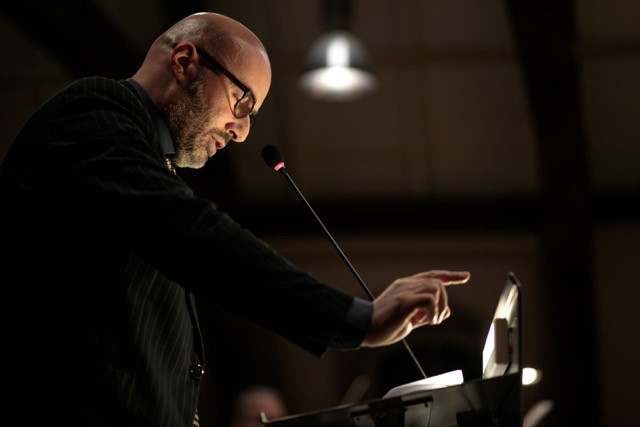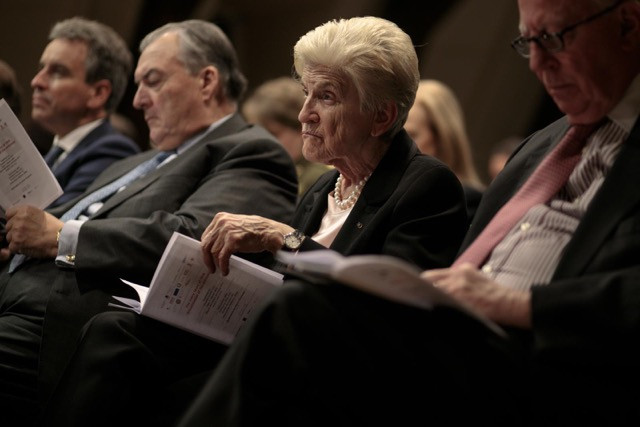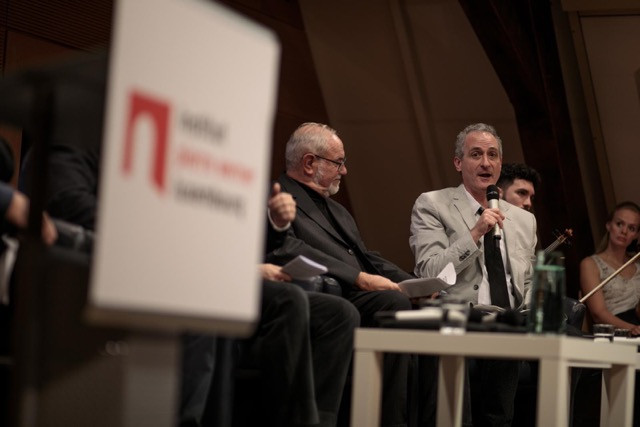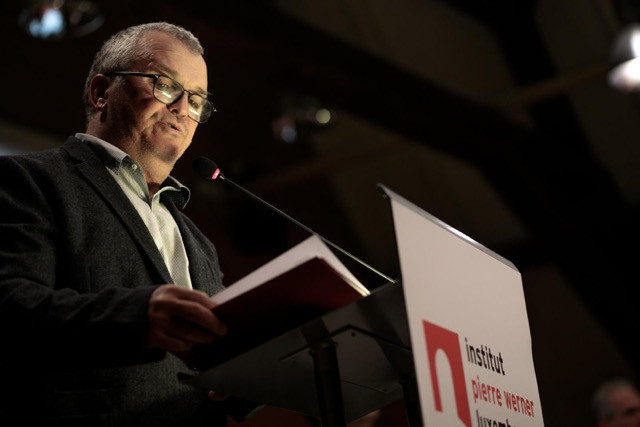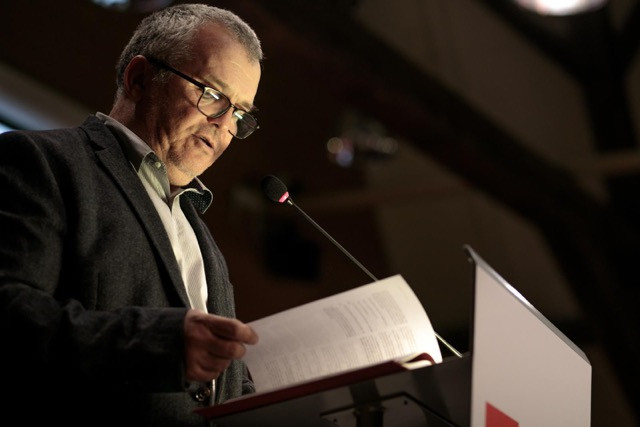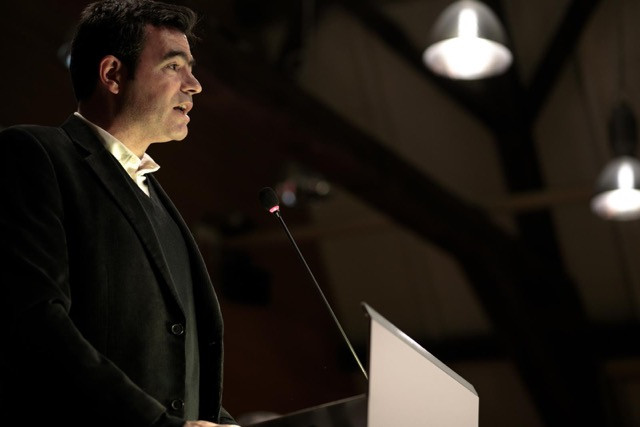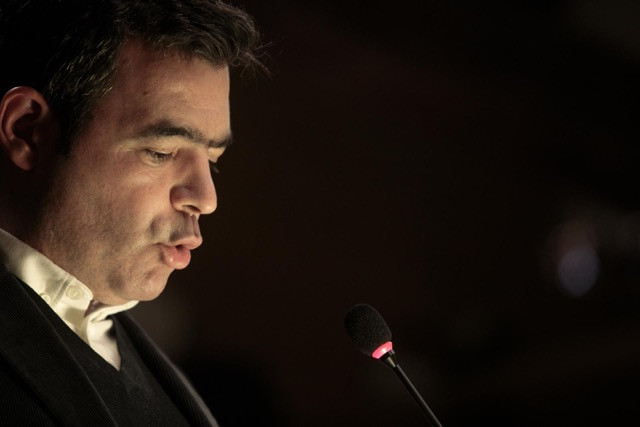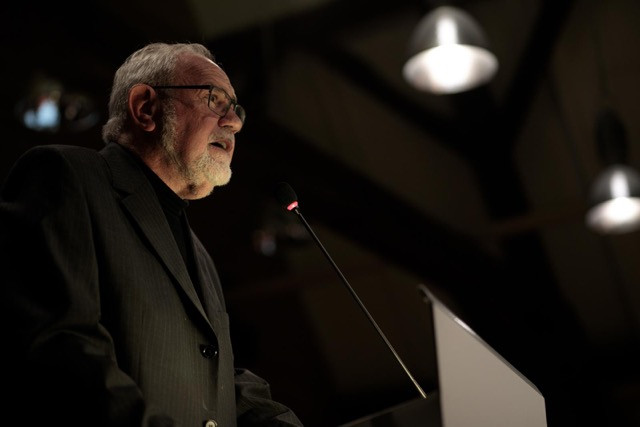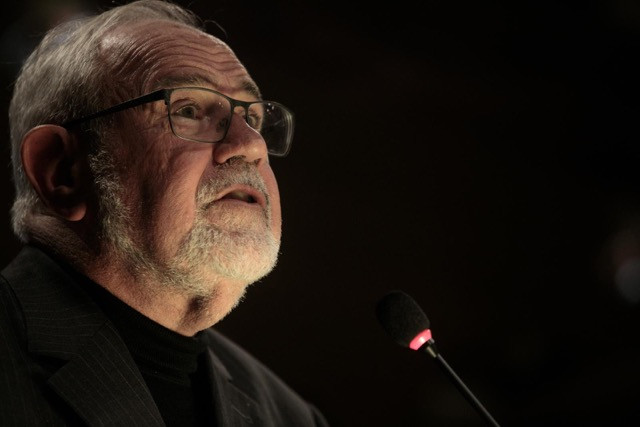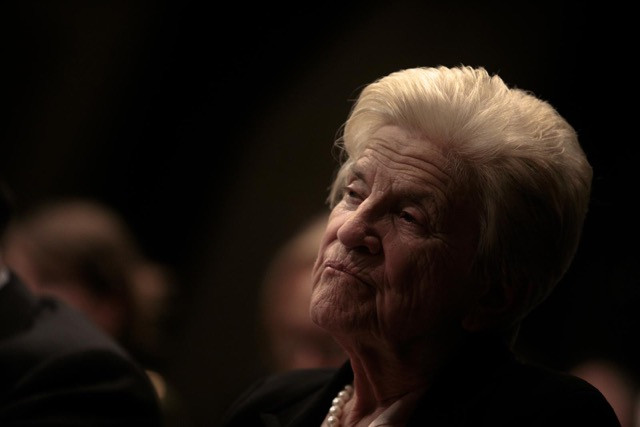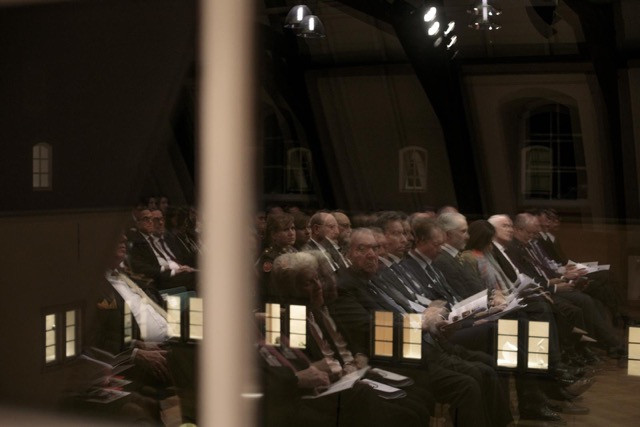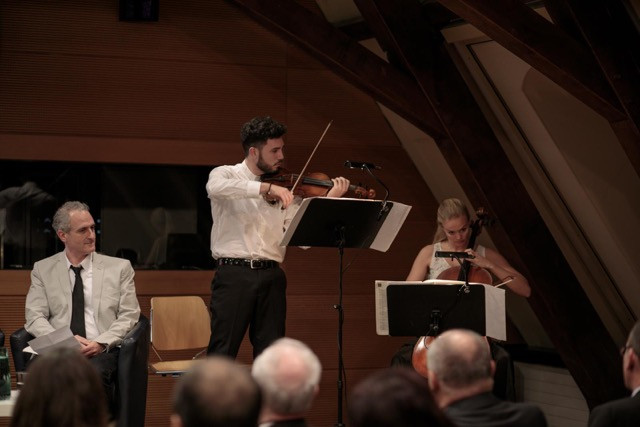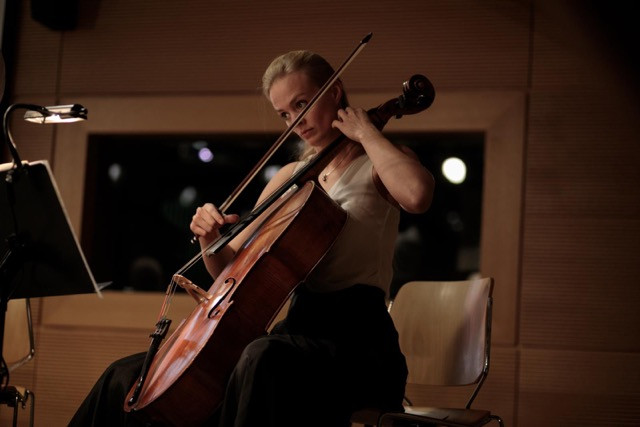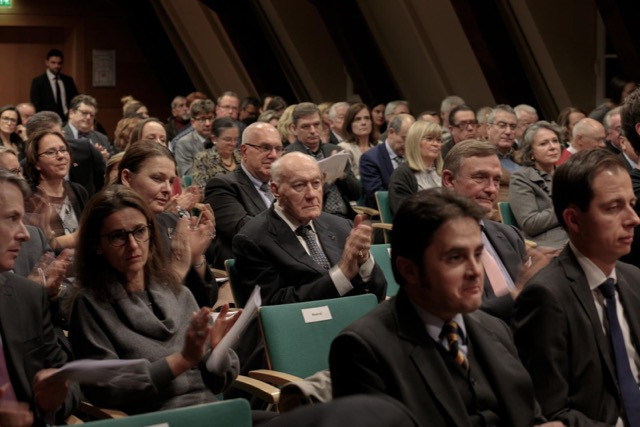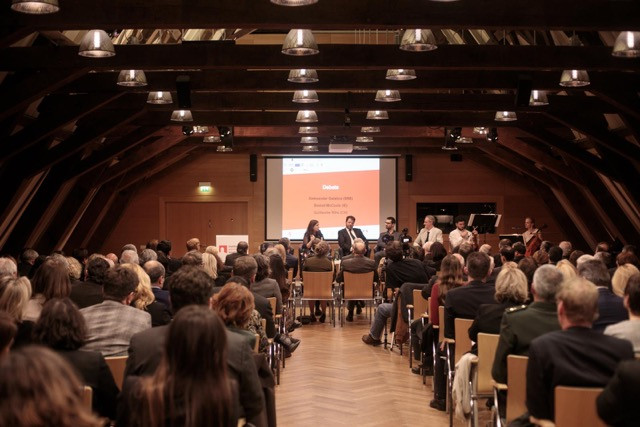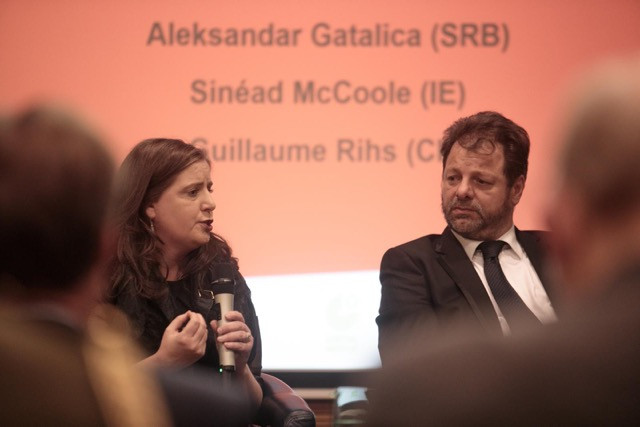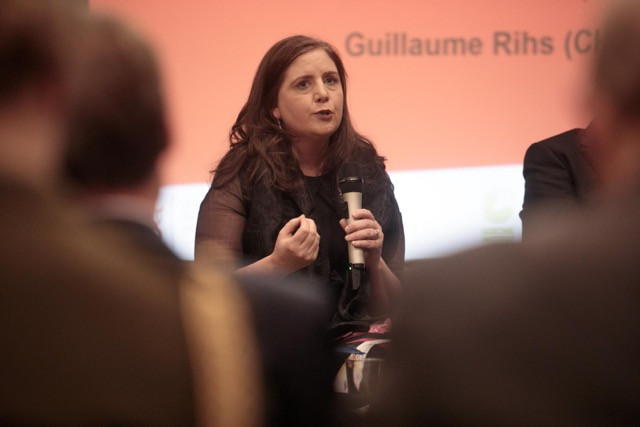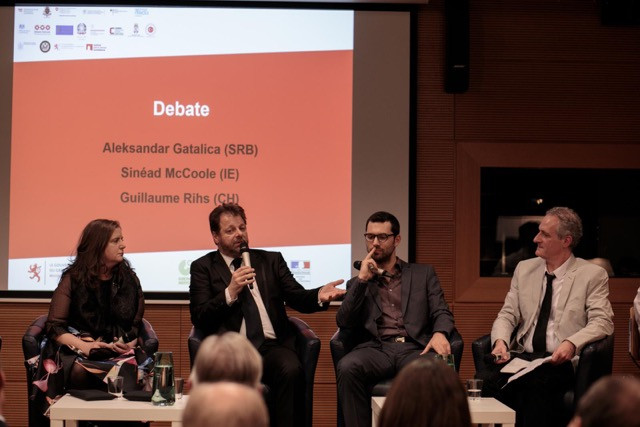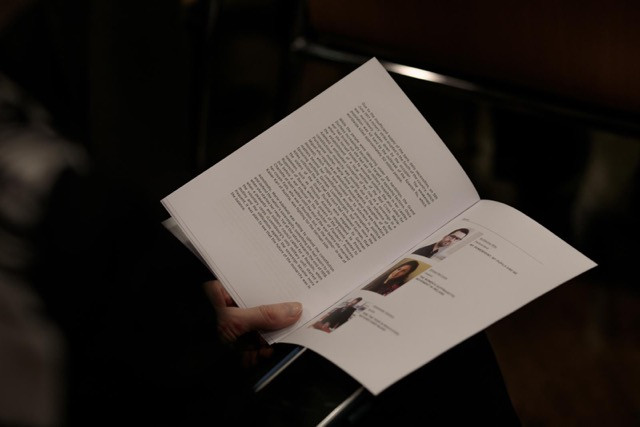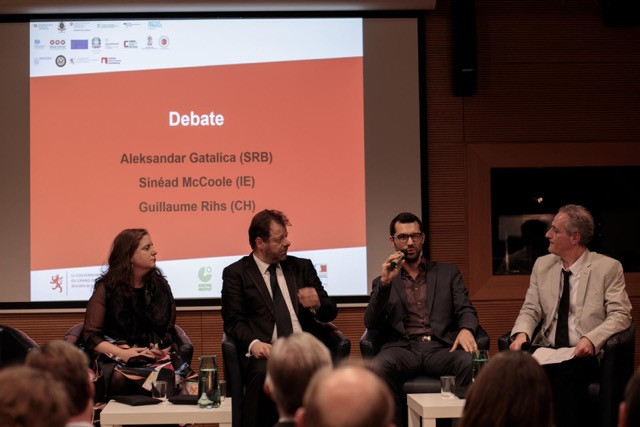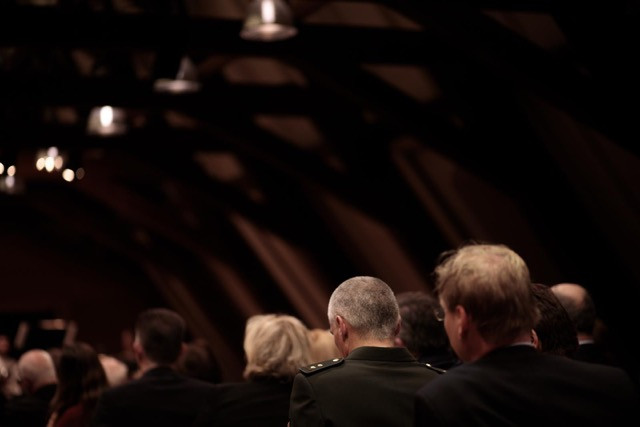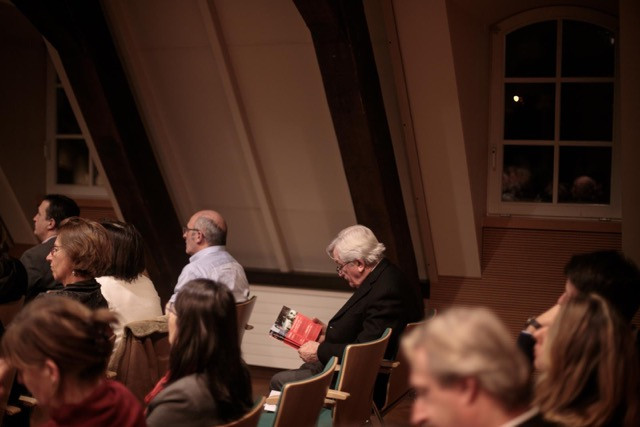“In some countries it stands for defeat, the beginning of a civil war, in other countries it represents a loss, for some it equals liberation, victory, albeit perhaps a Pyrrhic victory,” according to the Pierre Werner Institute, an international cultural centre backed by the French, German and Luxembourg governments.
These differing perspectives were explored in an anthology, “The Many Faces of 1918: Downfall, new beginning, liberation, pause in the European civil war” (PDF), published this week in Luxembourg.
The anthology is a collection of short works by 17 writers from 17 different countries. Their backgrounds are diverse. They range from the British crime novelist Ruth Dugdall, who lived in Luxembourg for several years but now lives in the US, to a Swiss high school teacher.
The writers were not bound by a set format. Indeed, the book has a mix of approaches, from essays to extracts from novels, tackling the experiences of soldiers in the trenches to the impact on the home front. Each contribution appears in its original language and in English translation.
The anthology was published by Luxembourg’s culture ministry and 17 embassies in the grand duchy, led by Austria’s. The other embassies were those of Belgium, Czech Republic, France, Germany, Hungary, Ireland, Italy, Luxembourg, Poland, Portugal, Romania, Serbia, Switzerland, Turkey, the UK and US.
Book premiere
Seven of the writers spoke at the book premiere on Tuesday, either reading from their contribution or participating in a roundtable discussion (which was moderated by Delano’s Aaron Grunwald).
The event was attended by Grand Duke Henri, among others.
The book premiere for “The Many Faces of 1918” was organised by the Pierre Werner Institute, grand duchy’s culture ministry and the 17 embassies.
